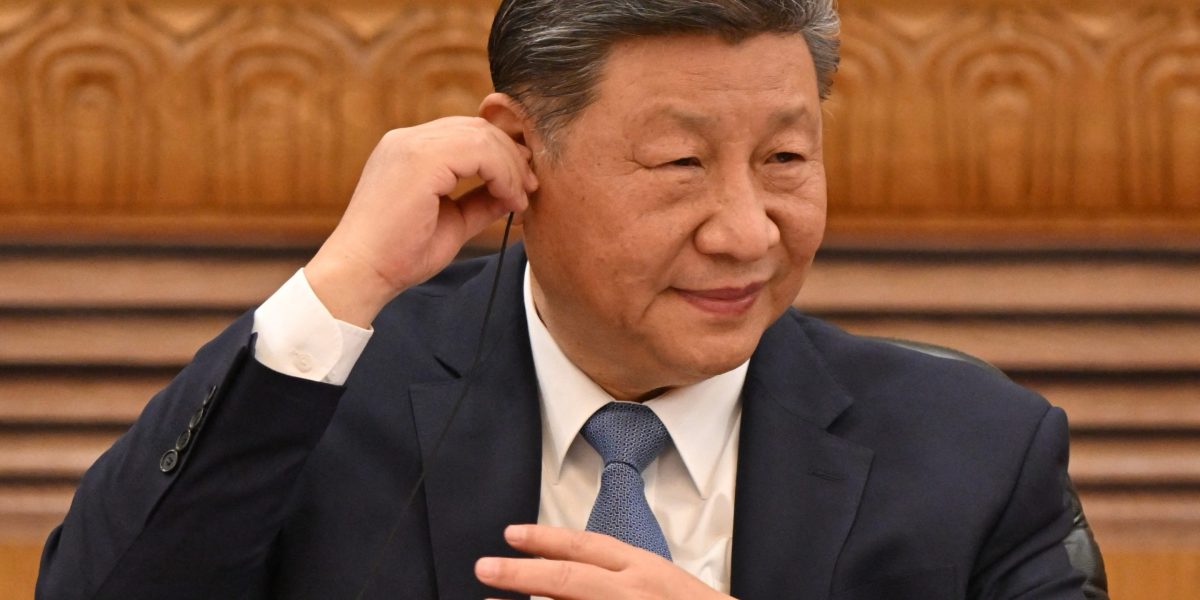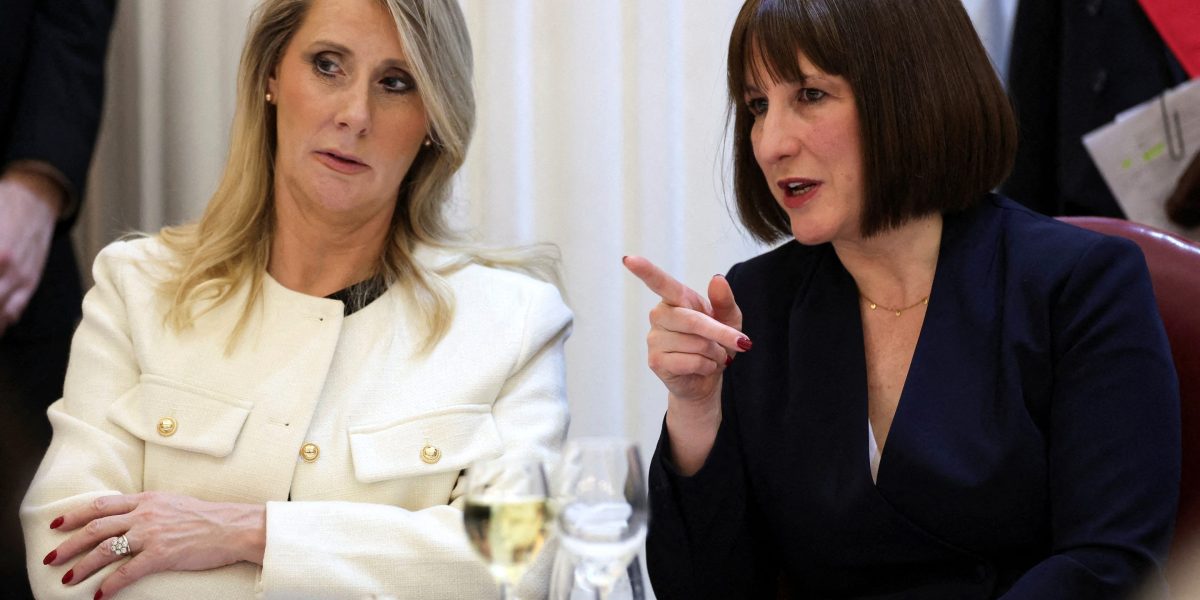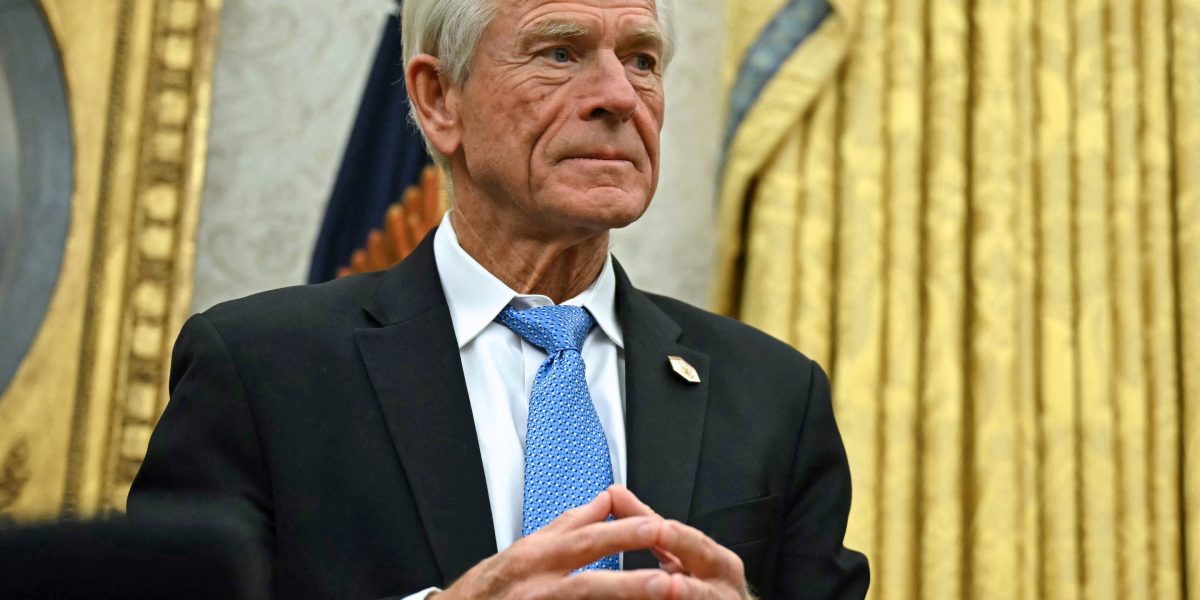Remote work might be hurting women more than we realize, by throwing a wrench in their career progression, said the chief of Nationwide, one of the U.K.’s major banks and the world’s largest building society.
Debbie Crosbie, who has been CEO since June 2022 and dismantled Nationwide’s “work anywhere policy” in late 2023, thinks in-office presence is the key to career progression—especially for women.
“We find, certainly at Nationwide … that men are more likely to come into the office than women,” Crosbie told BBC Radio 4’s Today program in December. “Being seen and then seeing other leaders is a really important part of development.”
Crosbie’s approach differs from that of her predecessor, Joe Garner, who strongly advocated for flexible work by rolling out a 100% work-from-anywhere policy. He cited productivity benefits and access to talent as reasons driving the move in 2021.
But a year ago, Crosbie replaced that with a two-day minimum in office for full-time employees. In an op-ed from March 2023, she argued that remote and flexible work could limit the opportunities to cultivate future female leaders.
“Several women in Nationwide speak with me now about how energised they feel once they are back in a routine with time in the office to focus uninterrupted on their role and career development,” Crosbie said in the op-ed published by The Independent. “In my early career, being in, around, and amongst great leaders was essential.”
Some workplace experts have shared Crosbie’s concerns, worrying that remote work could be mistaken for absenteeism. And as women, people of color, and those with disabilities are the ones more likely to opt for remote work, it inevitably could hurt their careers the most. In such situations, remote work could also impact female employees’ self-confidence and morale, a Durham University paper found.
A remote work crackdown has spread to much of the financial industry through 2023 and 2024, requiring staff to come into offices more. Spanish bank Santander, for instance, boasted that “flexibility is here to stay” at one point, with its U.K. boss even claiming that in-office presence was not critical. But Santander has since announced a 12-days-a-month in-office policy.
Depending on how strict the RTO mandate is, employees have tended to push back. Take the U.K.’s Starling Bank, for example: The group ordered its staff back to the office for at least 10 days per month in November. But its offices didn’t have enough room to accommodate employees, sparking a furious reaction from them.
The verdict on how effective remote work is and whether it’s good in the long run is divided. Some companies have sworn by it, and for many women, flexible work options have unlocked opportunities that didn’t previously exist. There are clear benefits to flexibility, which is why the U.K. has made it a right for workers to request it from day one of their employment.
Nationwide is a leader in the number of female employees it has in the U.K.—about 60%, to be precise. That’s higher than HSBC’s 51% and Barclays’s 45%.
“We are committed to flexible working to help get the very best from our people and offer a range of solutions like part time hours or job sharing,” a Nationwide spokesperson told Fortune.
Crosbie argued that in-office work could be critical for Nationwide’s female employees, and that companies are responsible for supporting them and accommodating their childcare responsibilities when needed.
“We just need to be careful that we don’t inadvertently prevent women from taking some of the opportunities by not being in the office when they feel it’s beneficial both to their skills and to contribute to the business,” Crosbie said.
A version of this story was originally published on Fortune.com on Jan. 2, 2025.
This story was originally featured on Fortune.com
Source link


 Entertainment8 years ago
Entertainment8 years ago
 Politics8 years ago
Politics8 years ago
 Entertainment8 years ago
Entertainment8 years ago
 Entertainment8 years ago
Entertainment8 years ago
 Tech8 years ago
Tech8 years ago
 Tech8 years ago
Tech8 years ago
 Tech8 years ago
Tech8 years ago
 Politics8 years ago
Politics8 years ago






